Dedicate your whole life to the Fatherland
Journalist, martyr Nguyen Minh Tam, former reporter of the Economic Department, Thu Do Newspaper (now Ha Noi Moi Newspaper). He wrote many articles reflecting the spirit of "3 ready", "5 volunteer" in the fields of production and work. About the movement to build Viet Tri Industrial Park (Phu Tho), he wrote "Hanoi boys and girls on Viet Tri land"... During his trip to the coal region of Quang Ninh, he expressed the thoughts and feelings of the working class in the capital through the article "Standing posture of miners in the black gold region of the Fatherland".
Joining the volunteer movement to join the army, ready to put aside personal matters to take up arms, Nguyen Minh Tam applied three times, went to the medical examination three times but failed. The reason was that his eyesight was poor, he could not squint; once when he fired a live bullet, the bullet just flew past the target. With the encouragement and support of his mother and wife, Nguyen Minh Tam persevered in practicing, applying hot rice, covering his eyes with a handkerchief. And on the fourth time, he was selected, joined the army and became a soldier of the Capital Protection Regiment (E88). A journalist, a young man from Hanoi who had just started a family not long ago, had no children, but was still determined to go to war. A great honor, before the day of departure, he was able to join the ranks of the Party.
In the army, Nguyen Minh Tam actively worked on wall newspapers, wrote plays, and participated in regimental performances. The play "Towards the South" he composed created a determined atmosphere among the young soldiers of E88. Then he and his unit set out across Truong Son to the South to fight the enemy. Nguyen Minh Tam, a reconnaissance company captain, joined the Party on January 12, 1966, officially on January 12, 1967. He sacrificed his life on May 7, 1968 at the 18th front in Vuon Trau village, Hoc Mon district, Ho Chi Minh city. The journalist, soldier, and son of the beloved Capital devoted his whole life to the Fatherland.
Story about the author of "Once in the Capital"
Journalist, writer, martyr Tran Dang's real name is Dang Tran Thi, from Tay Tuu village, Tu Liem - a rich and beautiful village in the suburbs of Hanoi, a student of the Law School. In the early days of the August Revolution (1945), Tran Dang enthusiastically participated in the revolution, joined the National Guard, chose to be a writer and became a front-line reporter for the National Guard Newspaper.
In 1948, he marched with the army to break the enemy's pincers to write the memoir "In the Yen The Forest". He followed the army into the enemy's rear area in the Northeast, up the Ba Che forest, all the way to Mong Cai, Tien Yen... while traveling he wrote the memoir "The Battle of Pho Rang". In the Northeast, he was wounded in the leg, the wound had not yet healed, when he met a unit marching on Route 4, the Vietnam - China border area, he immediately joined to write and then published the combat report: Route 4, 15 kilometers between That Khe and Lung Phay, published in many issues of the National Defense Newspaper.
On the morning of December 26, 1949, during a business trip with a main force battalion, Tran Dang sacrificed his life. His grave is in the highlands of Lang Son province, and later his comrades from the People's Army Newspaper, Division 308... brought the author of "Once to the Capital" to rest in the Capital.
She and I vowed to wait for each other…
Journalist and martyr Nguyen Trong Dinh was born in 1942 in Tho Khoi commune, Gia Lam, Hanoi (now Cu Khoi ward, Long Bien district). Graduated from the Faculty of Literature (1961-1965), Nguyen Trong Dinh became a reporter for Nhan Dan Newspaper. He died on August 26, 1968 in Dien Phuoc commune, Dien Ban district, Quang Nam - Da Nang.
While still in school as well as when he became a journalist, Nguyen Trong Dinh was passionate about writing articles and poems and they were published regularly in Nhan Dan Newspaper. For example, the issue published on December 16, 1966 published Nguyen Trong Dinh's quick notes about the battles of the Hanoi army and people fighting back against American planes. In Thanh Hoa, he wrote about the old militia anti-aircraft artillery unit of Hoang Hoa. Nhan Dan Newspaper published the article: "Meeting the old militia platoon of Hoang Hoa".
As a poet, Nguyen Trong Dinh writes about his homeland, country and youth in the poem "Homeland's Water": "Northern warm water from the rain, I sit and light a fire/The buds of the seasons, mother shares them with me/The warm cup of water has a strong, medicinal taste/But every sip is sweet on the tip of my tongue/I warm my hands under the hot cotton lid/Listening to the murmur of old stories from years ago".
In early 1968, Nguyen Trong Dinh happily received the decision from Nhan Dan Newspaper to send him to the Central Party Organization Committee to work. So he and a number of journalists crossed Truong Son to Quang Nam - Da Nang - the fiercest battlefield. Before entering the battlefield, Nguyen Trong Dinh wrote a letter to his mother: Today, I focus on studying. After finishing studying, I will leave. I am still healthy and ready to go, my personal affairs are also fine. She and I have vowed to wait for each other...
One day, Nguyen Trong Dinh was assigned to report on the uprising of his compatriots against the American oppression, and to urgently prepare propaganda materials for the 1968 Spring-Summer Campaign. The working group had just stopped at Ha Nong village, Dien Phuoc commune, Dien Ban district (Quang Nam - Da Nang) when enemy artillery arrived. Nguyen Trong Dinh was hit by many shrapnel and died in the hometown of Heroic Martyr Nguyen Van Troi in the early morning of August 26, 1968, when he was 26 years old.
To write well, one must live and fight with soldiers.
Journalist, writer, martyr Duong Thi Xuan Quy, pen name Duong Thi Minh Huong. The house at 195 Hang Bong Street, Hanoi, is where Xuan Quy was born and spent her childhood. At the age of 20, Xuan Quy officially entered the "career" of journalism, working at the editorial office of the Vietnam Women's Newspaper. In April 1968, Xuan Quy and her husband, journalist Bui Minh Quoc, went to the battlefield, leaving their only child in Hanoi. This was the most difficult and fierce year after the Tet Offensive and Uprising in 1968. Xuan Quy worked at the Liberation Literature and Arts Magazine.
Upon arriving at the battlefield, she began writing short stories "Wild Flowers", "Silent Joy" and memoirs "Singing in the Cave" and "Faces of Challenge".
For her, to write well, she had to go to the grassroots, live and fight directly with the soldiers and the people. Therefore, on December 19, 1968, she decided to go to the Quang Da plain. After the Tet Offensive and Uprising in 1968, the enemy intensified terror, sweeping, and herding people, many areas in Quang Da became bare land.
At that time, she shared: "I entered the battlefield when the battlefield was facing many difficulties, but I quickly "entered the battlefield". In "Poem about happiness" she wrote: "You are pale and thin, with a heavy basket of cassava on your back/Your lips are pale, your soft hair is wet/You have worked hard to overcome all the steep slopes/And every time you sit down to rest, you look at me/You talk about the future, bright and sweet/You talk about the things you intend to write/Between two pains, you sit and write/The Giang River roars endlessly/Flood water flows into small pages, pouring rain/You still write, your heart is filled with emotions/And you call that happiness". The poem expressed the perspective of living for the country and the people of writer Duong Thi Xuan Quy.
Six days before her death, Xuan Quy had gone through tense moments during the anti-sweep operation with the army and people of Xuyen Hoa. She wrote, "Luckily, I was there", "Xuyen Hoa is very resilient, I encountered many touching things", "I am thinking of a story to write about Xuyen Hoa. This trip I encountered many dangers but was strangely happy".
During her ten years of journalism and writing, Xuan Quy left behind nearly twenty stories and memoirs along with many articles. When her capital and assets had reached maturity, the enemy took them away. The daughter of the Capital sacrificed herself on March 8, 1969 in village 2, Xuyen Tan commune, Duy Xuyen district, Quang Nam - Da Nang...
In the ideological army, the press is the leading force present at the hot spots of the battles, closely following the soldiers and youth volunteers, promptly reflecting the fierce battles, the spirit of fighting and sacrificing for the independence and freedom of the Fatherland, encouraging the rear and the front lines and promptly transmitting news of victory... On the solemn occasion of the 100th anniversary of Vietnam Revolutionary Press Day, being able to work as a journalist in a peaceful country, I respectfully bow before the heroic examples of journalists and writers who sacrificed themselves for the independence and freedom of the Fatherland. You will forever be shining examples for generations of journalists to follow.
(According to Hanoi Moi)
Source: https://baoyenbai.com.vn/16/352015/Ky-niem-100-nam-Ngay-Bao-chi-Cach-mang-Viet-Nam-2161925---2162025Nhung-tam-guong-sang-ngo-cho-lop-lop-nha-bao-noi-theo.aspx


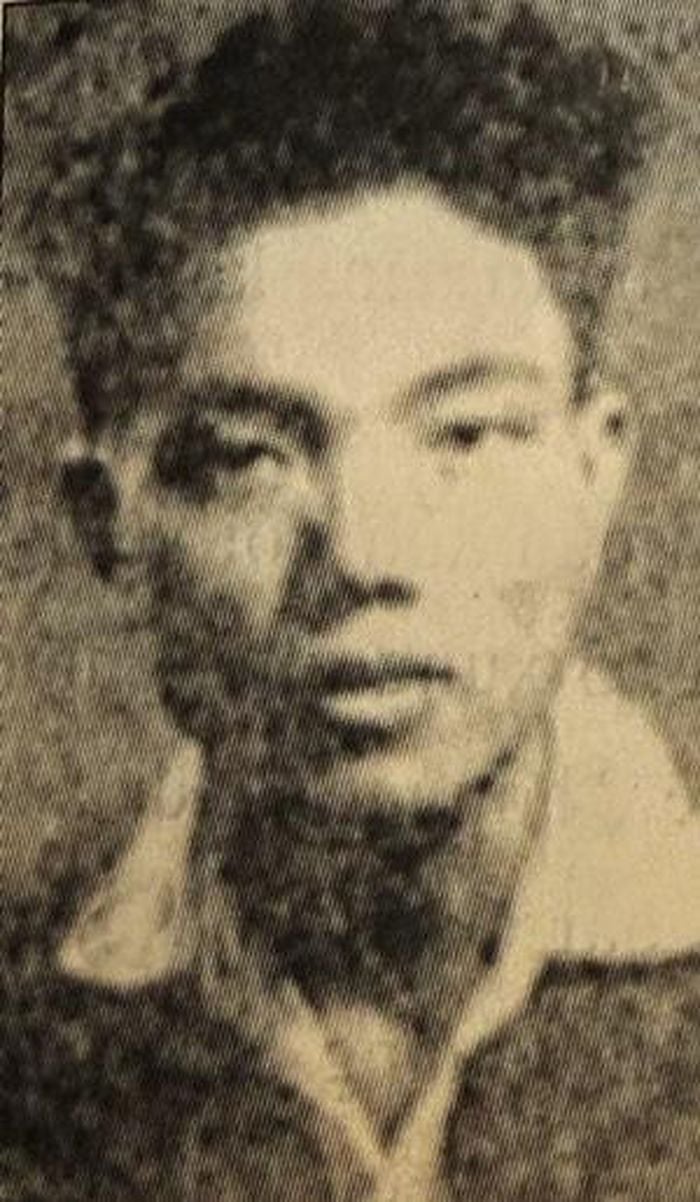
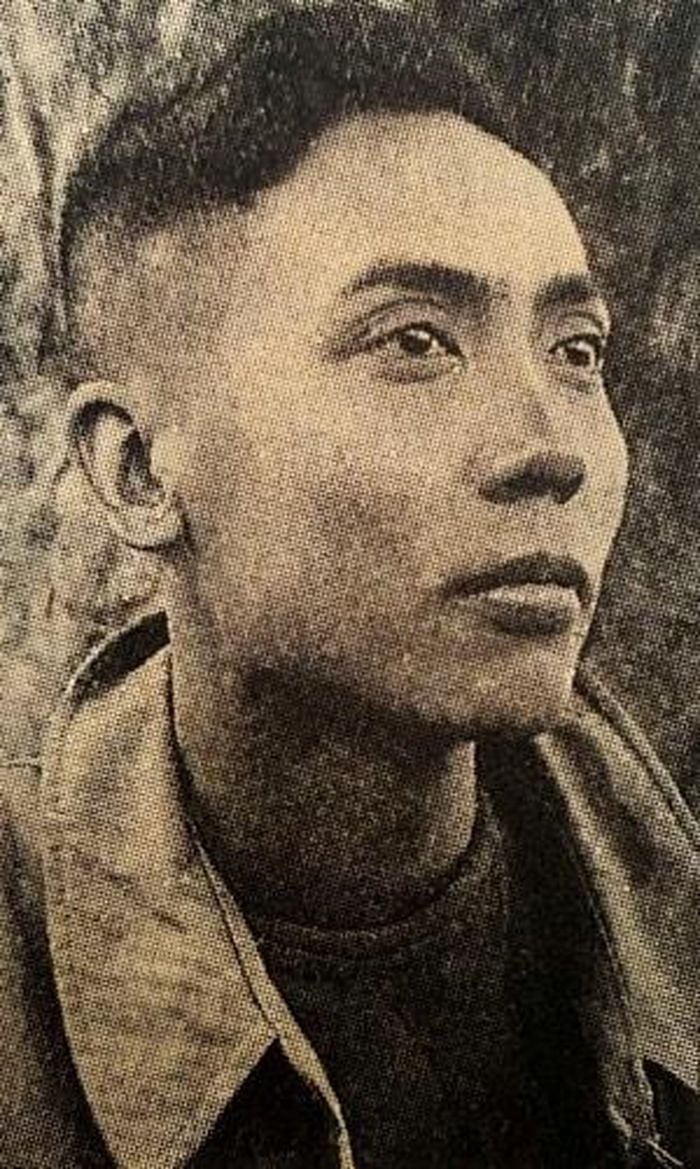
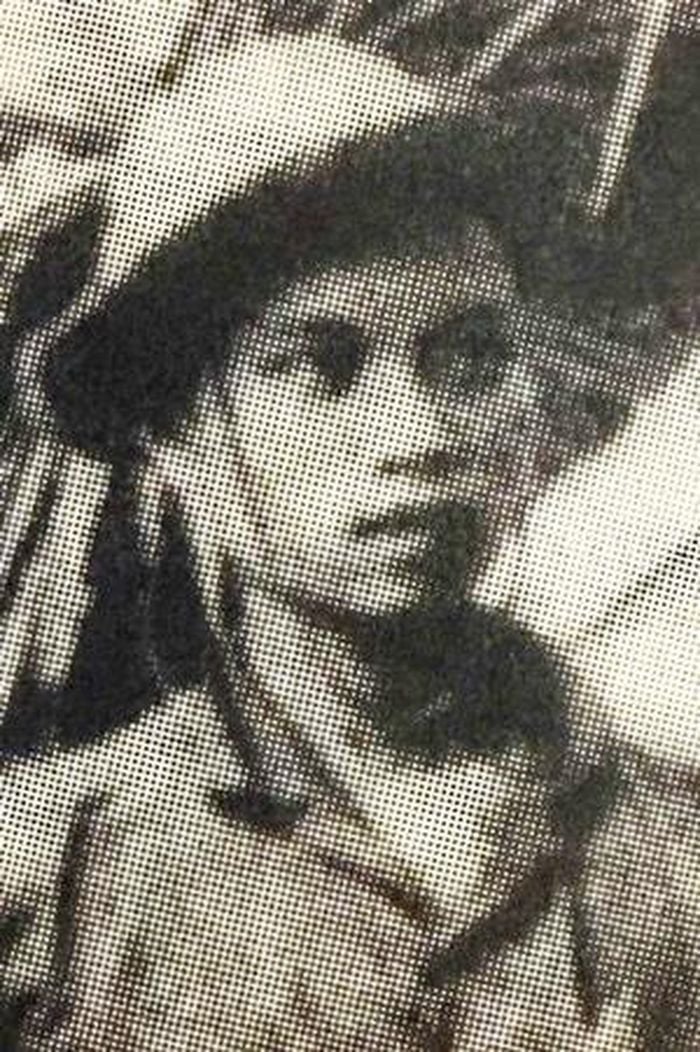
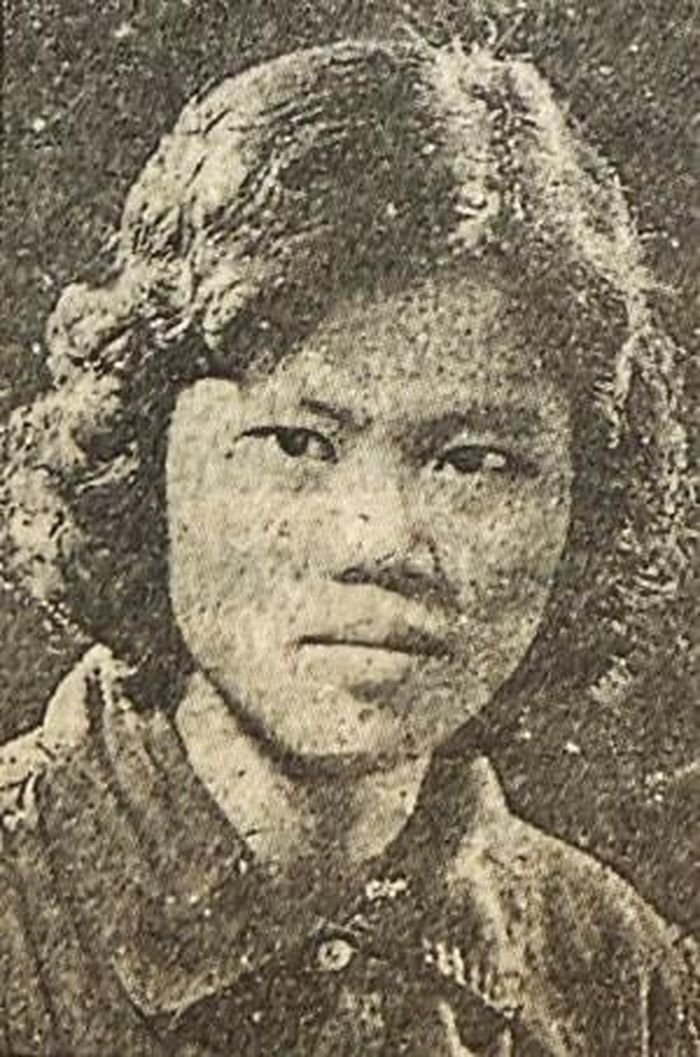









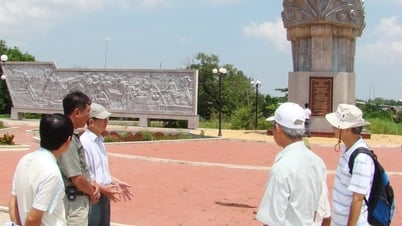


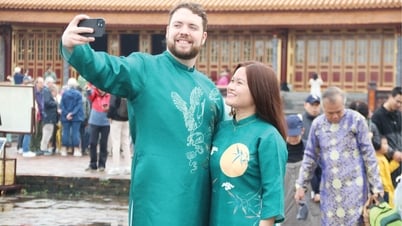

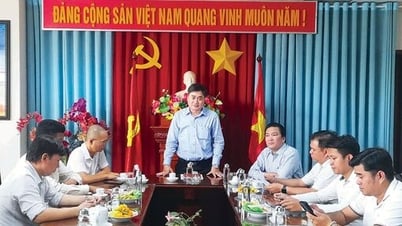





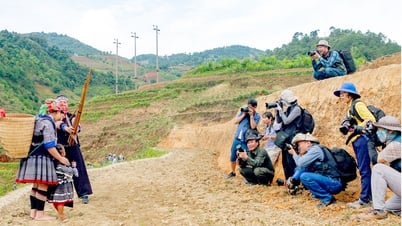
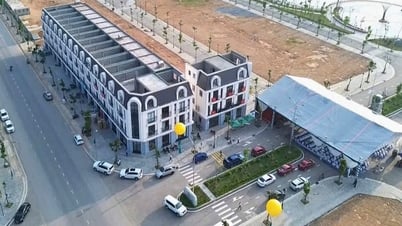
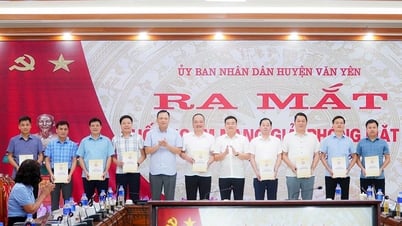
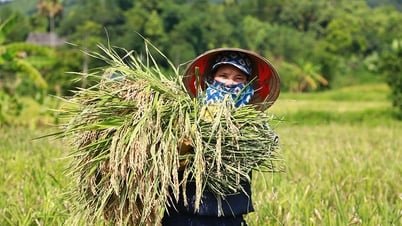


![[Photo] The 9th Congress of the Party Committee of the Office of the President, term 2025-2030](https://vphoto.vietnam.vn/thumb/1200x675/vietnam/resource/IMAGE/2025/6/20/78e7f27e8c4b4edc8859f09572409ad3)













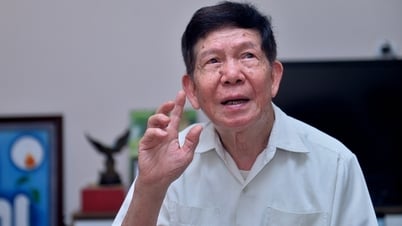














![[Maritime News] Wan Hai Lines invests $150 million to buy 48,000 containers](https://vphoto.vietnam.vn/thumb/402x226/vietnam/resource/IMAGE/2025/6/20/c945a62aff624b4bb5c25e67e9bcc1cb)


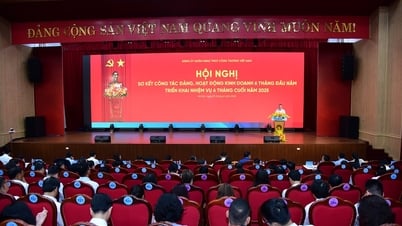






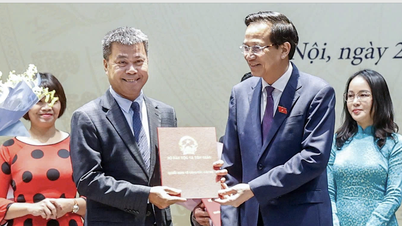
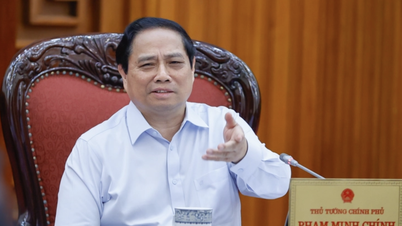




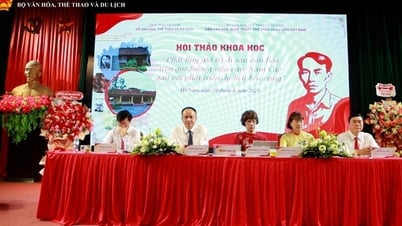
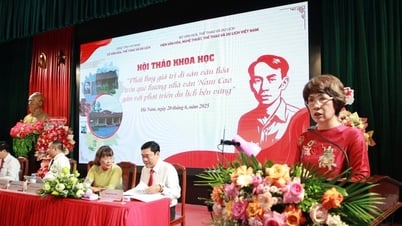


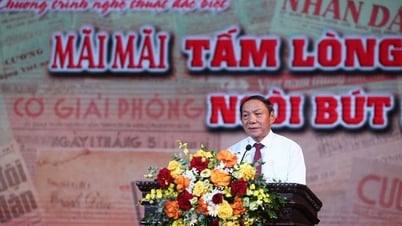
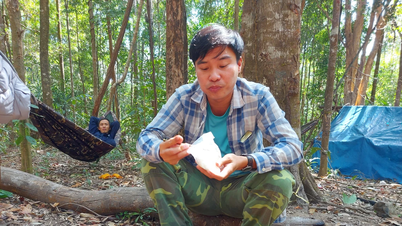

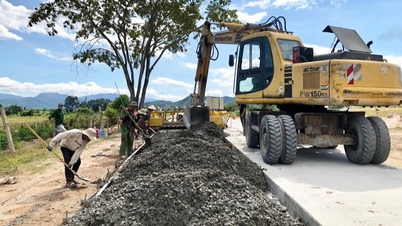


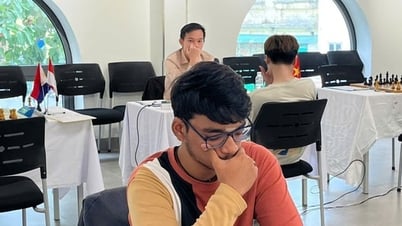
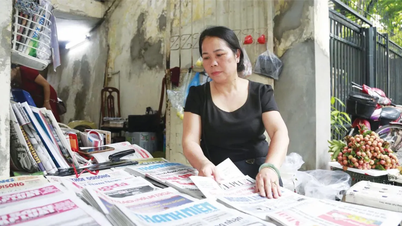











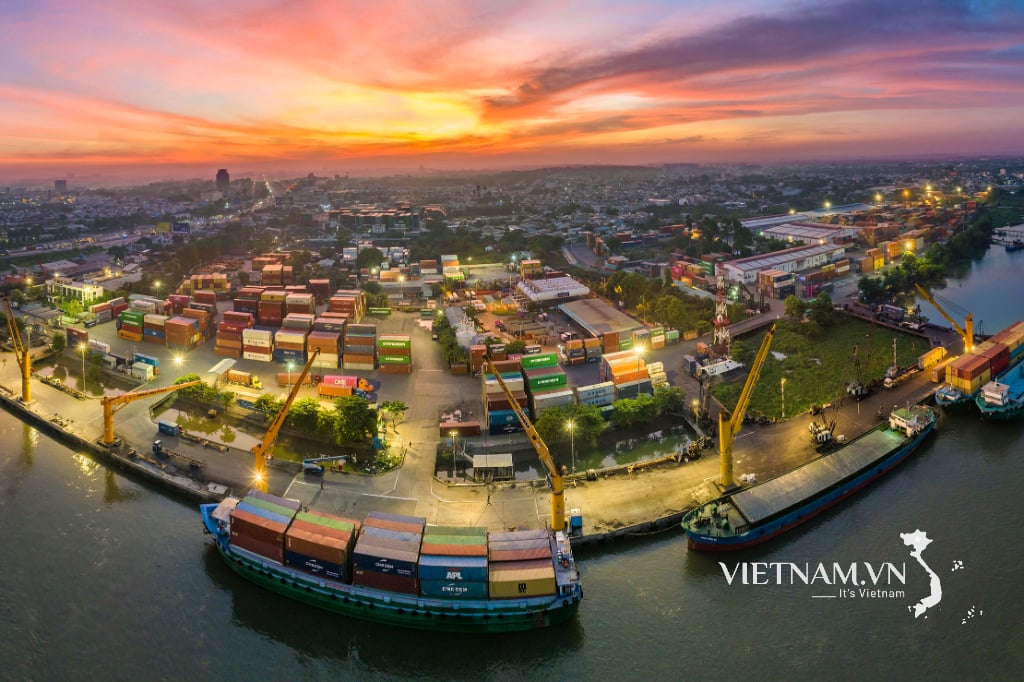
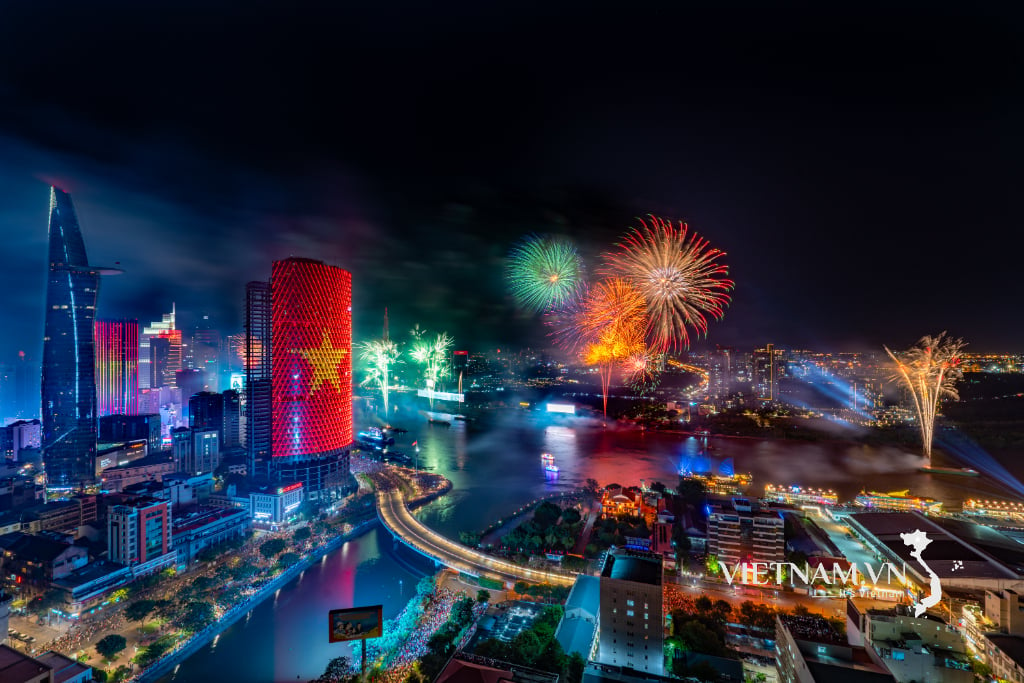
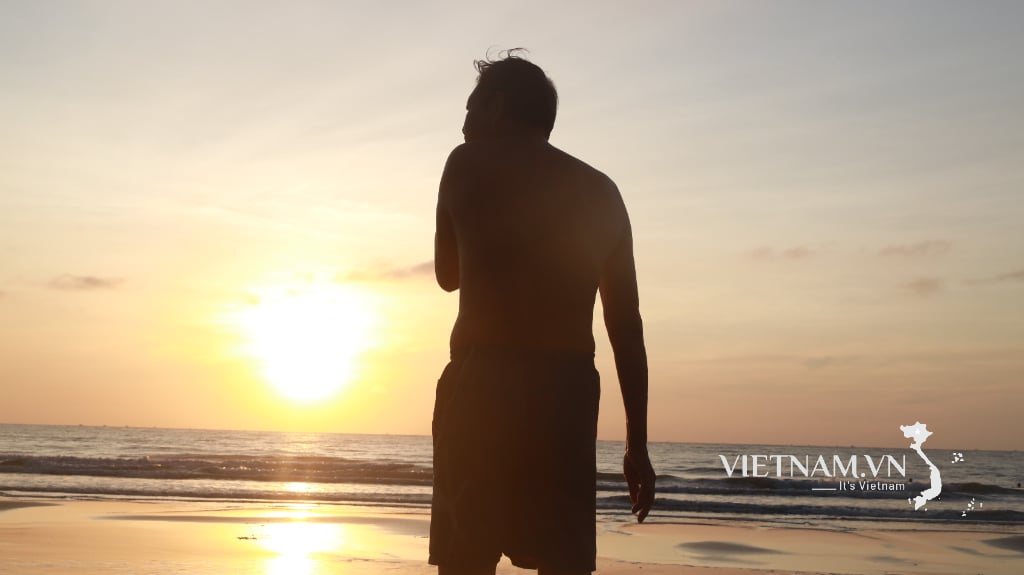

Comment (0)